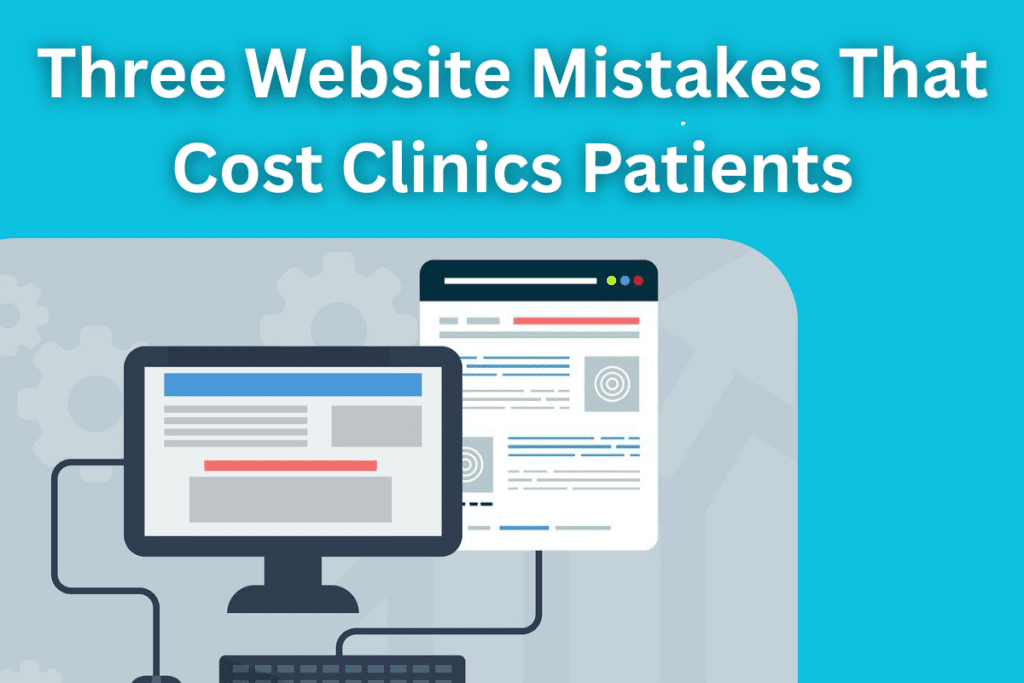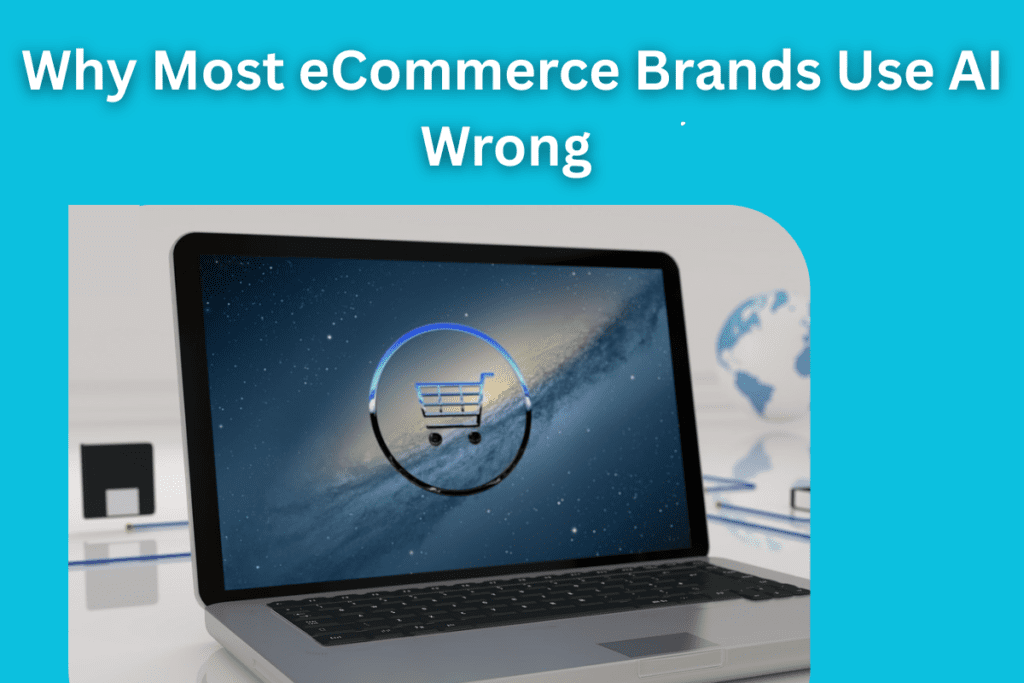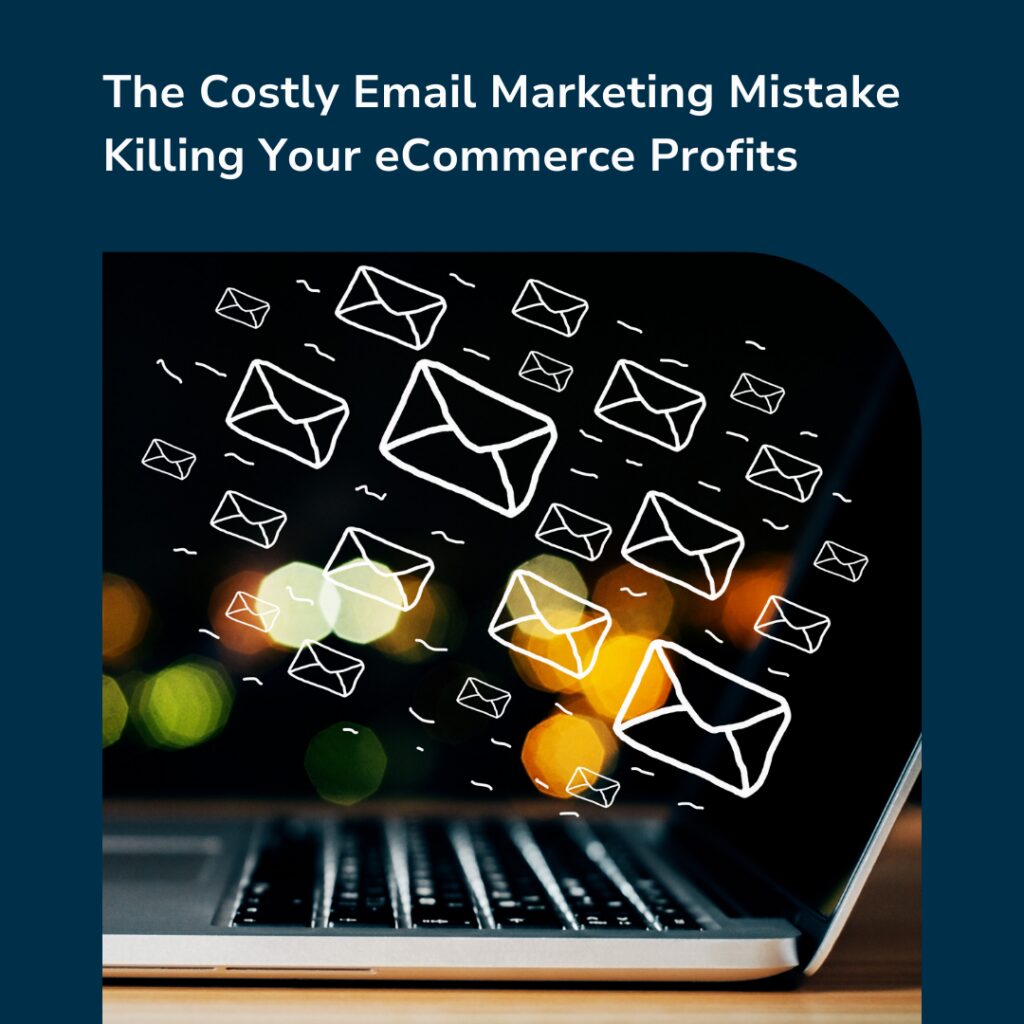There is no doubt that marketing has changed dramatically in recent years.
The role of marketing has evolved from simply creating ads and pushing them out to customers, to a more strategic role of driving business growth by reimagining customer engagement.
In this blog post, we will explore the changing role of marketing and discuss how you can adapt your marketing strategy to drive growth for your business.
The Direct Proportion between Marketing and Business Growth
Marketing and business growth goes hand in hand.
As the old saying goes, “You can’t sell without marketing and you can’t grow without sales.”
This is because marketing is responsible for communicating a business’s value proposition to potential customers, while sales take it one step further by converting those prospects into paying customers.
Even though some businesses achieve growth without marketing, those successes are few and far between. Consistent growth requires a sound marketing strategy, since it’s the driving force behind customer acquisition and retention.
Once you start adapting your marketing strategies according to market trends and customer needs, you will be in a better position to drive business growth.
How Does Marketing Keep Changing?
Marketing has changed in large part because of the ever-evolving technological landscape. Technologies like artificial intelligence, machine learning, and big data are allowing marketers to gain better insights into customer behaviour and preferences. This knowledge is then used to create more targeted campaigns with deeper engagement.
Additionally, marketing automation tools have enabled marketers to automate a variety of tasks, such as email marketing and social media management. This has enabled marketers to focus more of their attention on strategic activities, like developing customer segments, tracking campaigns in real-time, and analysing data from multiple sources.
Finally, the advent of digital channels means that customers can engage with brands in a variety of ways now. This includes everything from social media engagement to online reviews. This shift has changed the way marketers must think about customer engagement and how they can create a personalised, multi-channel experience for their customers.
The Focus on Customer Relationships
Customer relationships help businesses to cultivate and retain loyal customers, which in turn leads to greater revenue growth and less churn.
The changing role of marketing has shifted the focus away from simply generating leads, to creating deeper customer relationships. This means that marketers must develop a strong understanding of their target customers and how they want to engage with them.
Effective customer relationships require a deep understanding of customer needs, preferences, and behaviours. This is why tools like AI, machine learning, and big data have become so important for marketers. These technologies enable them to gain a better understanding of their customer base and create data-driven campaigns that generate results.
How to Improvise Your Marketing for Business Growth?
Adapting your marketing with the latest trends is important because it allows you to stay ahead of the competition.
Here are some tips to get started:
Embrace New Technologies and Strategies
As discussed, tools like AI, machine learning, and big data have become integral in driving business growth. Make sure that your marketing strategy is leveraging these technologies in order to gain better insights into customer behaviour and create more targeted campaigns.
When you experiment with new technologies in your marketing strategies, it helps customers to have an improved experience.
AR-based product demos, 3D images for product visualisation and influencer marketing are some of the technologies that companies can use in their marketing campaigns.
Gather Data and Insights
By using data and insights for marketing, you can understand your audience and customers better, which helps you create the right campaigns and content. This will help build customer relationships and drive growth.
You can gather data through surveys, focus groups, customer reviews and feedback, website analytics, etc. In addition to this, you can also use AI-based tools to gain deeper insights into customers’ behaviour and preferences.
Common data tools used by businesses are
CRM: CRM stands for Customer Relationship Management which is a tool used to manage customer data. Companies use this tool to remember important details about customers, like what they like and don’t like, so they can better serve them. The data collected in CRM helps businesses tailor their marketing strategies to the specific preferences and behaviours of customers.
Analytics: Analytics tools provide insights on the performance of your campaigns and content. Google Ads, Facebook Ads, and Twitter Analytics are some of the most popular analytics tools used by marketers.
ABM Platform: Account-based marketing (ABM) platforms allow businesses to create highly targeted campaigns for specific customer segments. This helps them create more personalised experiences for their customers and drive better results.
AI-Based Tools: AI-based tools are used for automation, such as lead scoring, targeted ad campaigns, website personalization, and more. AI-based tools like IBM Watson, Oracle Eloqua and Salesforce Einstein can help businesses create more personalised experiences for their customers.
By leveraging data and insights in your marketing strategies, you can create campaigns that are tailored to the specific needs of your customers and nurture customer relationships.
Personalization
Research shows that personalization has a positive impact on customer loyalty and engagement. It is a great way to build relationships with customers by providing them with relevant content at the right time. With the help of data and insights, you can create more personalised experiences for customers and build stronger relationships.
Value-Based Approach: Research shows that customers value businesses that provide value in the form of quality products and services, customer service, convenience, etc. Therefore, it’s important to focus on providing value to customers rather than just pushing your product or service. Companies can create content that educates and informs customers about their products or services. They can also offer discounts and rewards for loyal customers.
Re-Targeting
Retargeting is a way to target ads to people who have already visited your website or interacted with your content. This helps you stay on top of their minds when they are ready to make a purchase decision. You can use retargeted campaigns You can use AI-driven retargeting campaigns to increase ROI.
Multi-Channel Engagement
Multi-channel engagement is the practice of engaging with customers across different channels. This helps businesses build relationships with their customers and increase customer loyalty. Companies can use email, social media, and other digital platforms to reach out to their customers and provide them with relevant content.
By following these strategies, companies can create a holistic approach to customer engagement and drive better results.
The Bottomline
Customer engagement is essential for any business to succeed.
When marketing takes an approach with focus on customer relationships, it drives loyalty and leads to better results.
By leveraging data and insights, businesses can create targeted campaigns that are tailored to the specific needs of their customers, resulting in higher engagement rates.
Additionally, by using AI-based tools and a multi-channel approach, companies can further improve customer engagement and drive better business results.
Ultimately, having a comprehensive customer engagement strategy is key to success in the digital age. By understanding customer preferences, using data and insights to inform decisions, and implementing a multi-channel approach, businesses can create campaigns that are tailored to their customers’ needs and drive better business results.










